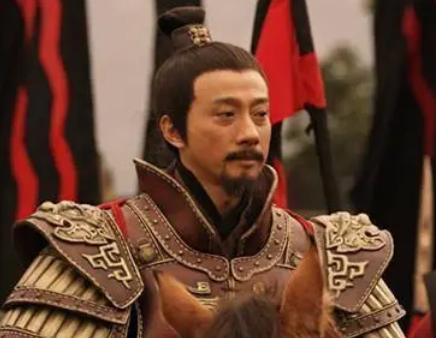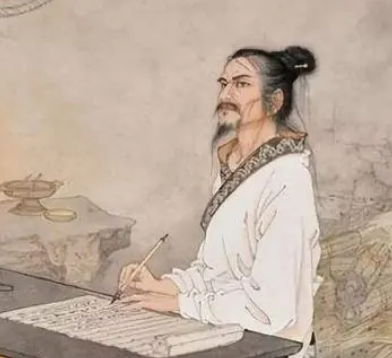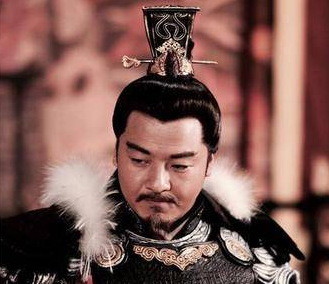Wu Xin Pan, a famous court dish originating from the Sui Dynasty in China, is made from five spicy plants, including garlic, chives, leek, rape and coriander. These five ingredients are praised as "Wu Xin" due to their unique flavor and nutritional value.

The preparation of Wu Xin Pan is quite particular. Firstly, the five spices are cleaned separately, then chopped into fine powder and mixed together. Appropriate amounts of salt and vinegar are added, and the mixture is stirred evenly and pickled for a while. Finally, the pickled spices are placed in a dish, sprinkled with some sesame oil and pepper oil, and ready to serve. This dish is colorful, delicious, spicy, sweet and sour, and is a very distinctive court dish.
So, why did Emperor Yang of the Sui Dynasty like this Wu Xin Pan so much?
Firstly, Emperor Yang was a food lover, and his pursuit of delicious food was almost obsessive. According to historical records, he repeatedly ordered the chefs in the palace to create new dishes to satisfy his taste buds. The unique flavor and rich nutritional value of Wu Xin Pan undoubtedly suited his taste.
Secondly, the preparation of Wu Xin Pan incorporated the theory of traditional Chinese medicine. In Chinese medicine, spicy herbs are believed to have the effect of warming the middle, dispelling cold, stimulating appetite and digesting food. As a monarch, Emperor Yang had a tense lifestyle and irregular eating habits, so he tended to choose such a dish that could not only satisfy his appetite but also regulate his body.
Finally, Wu Xin Pan was also a symbol of the Sui Dynasty. During that era, the five spices were regarded as auspicious symbols, symbolizing prosperity and flourishing. As an emperor, Emperor Yang naturally liked such a dish with symbolic meaning.
Overall, Emperor Yang's liking for Wu Xin Pan stemmed from his pursuit of delicious food, consideration for health, and aspiration for auspiciousness. This also reflects his lifestyle and philosophy of life from the side.
Disclaimer: The above content is sourced from the internet and the copyright belongs to the original author. If there is any infringement of your original copyright, please inform us and we will delete the relevant content as soon as possible.































